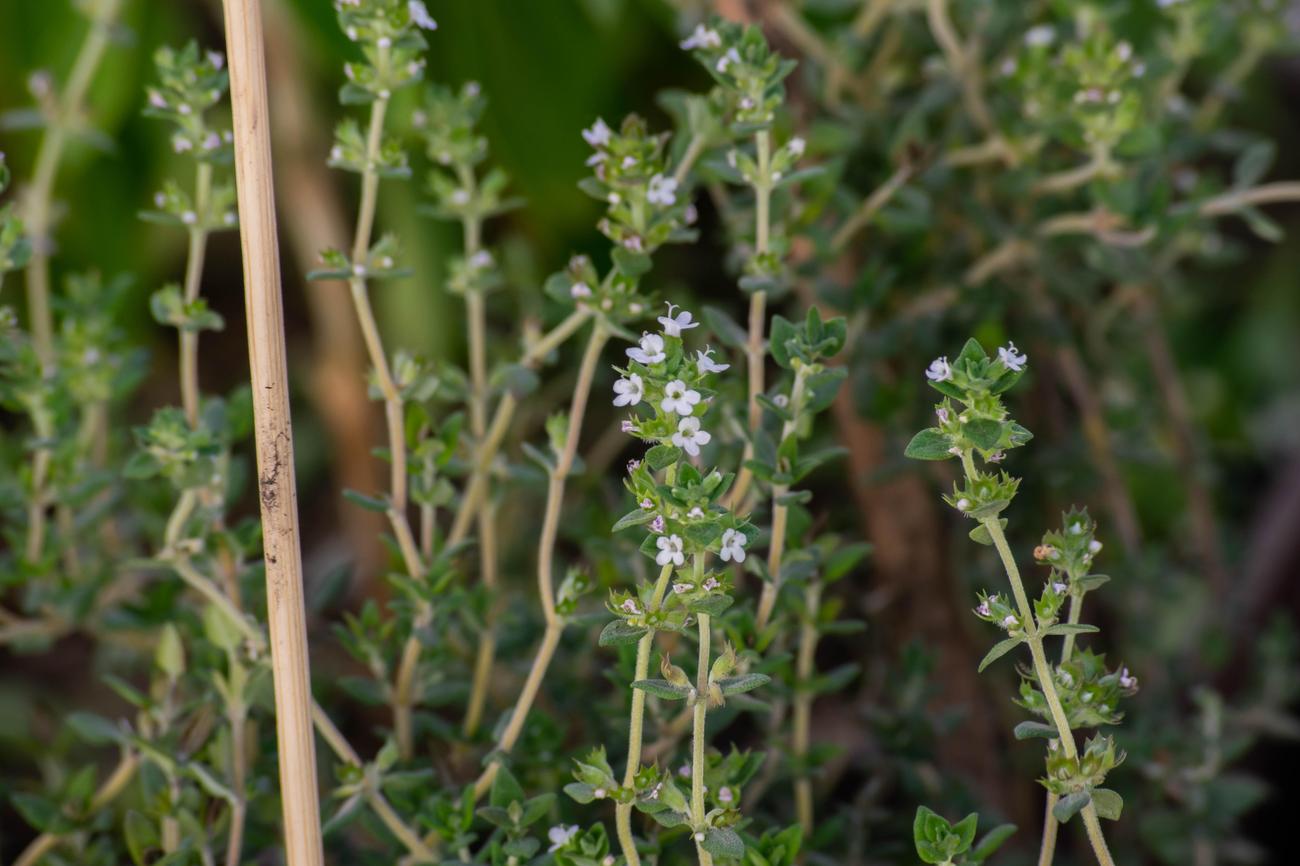Are you interested in doing your part to reduce waste and contribute to a healthier planet? If so, you’ve come to the right place! In this article, we will be delving into the fascinating world of composting food. Composting is not only a simple and effective way to minimize waste, but it also has tremendous benefits for the environment. So, grab your gardening gloves and get ready to uncover the key facts about composting food and how it can make a significant positive impact on our planet.

Facts About Composting Food
Did you know that only 4.1% of food waste in the US is composted annually? That’s a staggering amount, considering the environmental benefits of composting. It’s time to unveil the truth about composting food and why it is crucial for our planet. Let’s dive into some fascinating facts that will make you think twice before throwing away your food scraps.
South Korea: Surprisingly, South Korea leads the world in food composting efforts. Their commitment to sustainability has positioned them ahead of other countries when it comes to transforming food waste into valuable compost.
Composting Facilities: In the US, there are approximately 185 composting facilities, with the majority being privately owned. These facilities play a crucial role in diverting food waste from landfills and turning it into nutrient-rich soil amendments.
Increasing Popularity: Over the last five years, there has been a remarkable 65% increase in composting programs worldwide. People are recognizing the importance of composting and its numerous benefits for the environment.
The Power of Composting: Why should you consider composting your food waste? There are several compelling reasons. Firstly, composting saves space in landfills, as well as reduces the production of harmful greenhouse gases. By composting, you are actively contributing to combating climate change. Secondly, composting can save you money on trash disposal, as less waste means smaller trash bags and fewer trips to the landfill. Lastly, composting is an excellent educational tool that teaches students about environmental responsibility and the impact of their actions on the planet.
A Long History: Composting is not a new concept. In fact, it dates back 12,000 years, proving that our ancestors understood the value of recycling organic waste. It’s time we embrace this ancient practice and make it a part of our modern lifestyles.
Hot Composting: Did you know that compost can reach temperatures of up to 75 degrees in just a few days? This heat is generated by microorganisms breaking down organic matter, creating an optimal environment for decomposition. You can even cook with hot compost, using it as a sustainable source of heat for your culinary endeavors.
Nature’s Incubator: Compost isn’t just beneficial for plants; some bird species use compost to incubate their eggs. The warm and nutrient-rich environment created by compost provides a perfect nesting spot for these resourceful birds.
The Circle of Life: Composting has the incredible ability to turn even human remains into valuable compost. This innovative process, known as human composting, offers an eco-friendly alternative to traditional burial methods, allowing our bodies to return to the earth in a meaningful way.
In conclusion, composting food is an essential practice that holds countless benefits for our planet. From reducing greenhouse gas emissions to teaching future generations about sustainability, composting is a simple yet powerful solution to combat environmental challenges. So, the next time you think about throwing away your food scraps, remember the potential they hold to nourish the earth and contribute to a greener future. Start composting today and be part of the solution!
“Composting food waste is a small action that yields tremendous results for our planet.”
Composting is a fascinating practice that not only reduces waste but also helps in creating a sustainable environment. If you’re curious to learn some interesting facts about composting, click here for a journey into the world of organic decomposition and the many benefits it brings. Let’s explore the secrets behind creating nutrient-rich soil, reducing greenhouse gas emissions, and the incredible impact composting has on our planet. So, what are you waiting for? Dive into the realm of composting by clicking here: facts about composting.
Facts About Composting Food
Are you intrigued by the idea of composting food? If so, you’ll be amazed by these composting food facts. Did you know that composting helps reduce greenhouse gas emissions? It’s true! By diverting food waste from landfills, you can play a part in combating climate change. Furthermore, composting is not only beneficial for the environment, but it also enriches the soil and helps plants thrive. If you’re a beginner and interested in starting your own composting journey, we have just the right resource for you. Check out our comprehensive guide on composting for beginners, and discover how easy and rewarding it can be to transform your food waste into nutrient-rich compost. Don’t miss out on the opportunity to make a positive impact and improve the health of our planet. Click here to learn more about composting food facts and get started on your composting adventure today!
Why Composting is Beneficial for the Environment
[youtube v=”oFlsjRXbnSk”]
Introduction
Food waste is a significant issue that affects our planet in numerous ways. When we throw our leftover food into the trash, it ends up in landfills, contributing to the already massive amount of discarded food. In the United States alone, approximately 37 million tons of food were brought to landfills in 2015, equivalent to the weight of 100 empire state buildings. Unfortunately, when food scraps and organic materials are broken down in landfills by bacteria without oxygen, methane gas is produced, which is an extremely potent greenhouse gas. Composting presents an eco-friendly alternative to discarding our food waste, offering several significant advantages in terms of reducing greenhouse gas emissions, preserving natural ecosystems, and promoting sustainable agricultural practices.
The Benefits of Composting
1. Reducing Greenhouse Gas Emissions
Composting allows food scraps to degrade in the presence of oxygen, eliminating the production of methane gas, which has a more substantial capacity to trap heat in the atmosphere than carbon dioxide. By diverting food waste from landfills and composting it instead, we can significantly reduce our greenhouse gas emissions. As a result, composting plays a vital role in mitigating climate change.
“Composting not only helps reduce greenhouse gas emissions; it also offers a sustainable solution to our waste management problem.”
2. Promoting Sustainable Agriculture
Composting mimics natural nutrient recycling processes. When biodegradable materials are broken down through composting, they produce organic fertilizer. This fertilizer serves as a sustainable alternative to synthetic fertilizers that demand high amounts of fossil fuel energy for production. By incorporating compost into agricultural practices, we can maintain soil health, enhance crop yields, and reduce the need for environmentally harmful fertilizers.
“Composting provides a sustainable source of organic fertilizer, allowing us to cultivate our crops while prioritizing environmental conservation.”
3. Preserving Natural Ecosystems
Composting diverts waste from landfills, effectively conserving natural ecosystems that would otherwise be cleared for landfill use. By composting, we can save space in landfills, reducing the need for expanding or creating new landfill sites. This not only helps protect wildlife habitats but also preserves the beauty and balance of our natural landscapes.
“Composting contributes to the preservation of our precious natural ecosystems, ensuring that we leave a healthier planet for future generations.”
4. Encouraging Personal Responsibility
One of the best aspects of composting is that anyone can do it, even in their own backyard. Composting not only saves money on trash disposal but also serves as an educational tool. By composting our food waste, we become more aware of the impact of our actions on the environment and actively participate in reducing waste and promoting sustainability.
“Composting empowers individuals, enabling them to take personal responsibility for their waste and make a positive impact on the environment.”
Conclusion
Composting plays a crucial role in addressing the environmental challenges posed by food waste. It offers a sustainable alternative to discarding our food scraps while providing several benefits such as reducing greenhouse gas emissions, promoting sustainable agriculture, preserving natural ecosystems, and encouraging personal responsibility. By incorporating composting into our daily lives, we can contribute to a healthier planet and a more sustainable future.
“Composting is not just an optional practice; it is an essential solution that benefits both our environment and society as a whole.”
FAQ
Question 1: Why is food composting important?
Answer 1: Food composting is crucial for several reasons. Firstly, it helps reduce the amount of food waste that ends up in landfills, where it emits harmful greenhouse gases. Composting food instead allows it to break down naturally and become a valuable soil amendment. Additionally, composting saves space in landfills, reduces the need for chemical fertilizers, and promotes healthy soil and plant growth. It also offers an opportunity to teach students about environmental responsibility and sustainability.
Question 2: How does composting food help combat climate change?
Answer 2: Composting food plays a significant role in fighting climate change. When food waste decomposes in landfills, it produces methane, a potent greenhouse gas that contributes to global warming. By composting food instead, methane emissions are significantly reduced. Additionally, compost-amended soil sequesters carbon dioxide from the atmosphere, acting as a natural carbon sink. This process helps mitigate climate change by reducing greenhouse gas emissions and promoting sustainable soil management.
Question 3: Can composting food save money on trash disposal?
Answer 3: Absolutely! Composting food can lead to substantial savings on trash disposal costs. Landfills charge fees based on the weight of the waste deposited, and food waste tends to be heavy. By diverting food waste to composting facilities, less waste ends up in landfills, resulting in lower disposal fees. Additionally, municipalities with composting programs often offer incentives or reduced rates for residents and businesses that participate in these initiatives, further reducing waste management costs.
Question 4: Can you provide an overview of the composting process?
Answer 4: Certainly! The composting process involves the decomposition of organic materials, such as food scraps, yard waste, and plant matter, into nutrient-rich humus. It begins when these materials are combined and placed in a compost bin or pile. Over time, microorganisms, including bacteria, fungi, and insects, break down the organic matter, releasing heat as a byproduct. This heat promotes rapid decomposition, and the pile should be occasionally turned or aerated to provide oxygen to the microorganisms. Moisture levels and the carbon-to-nitrogen ratio are crucial factors in the composting process. Generally, compost is ready to use when it has a dark, crumbly texture and an earthy smell.
Question 5: Can human remains be composted?
Answer 5: Yes, human remains can be transformed into nutrient-rich compost through a process known as human composting or natural organic reduction. This innovative technique involves placing the deceased in a vessel with organic materials like wood chips, straw, and alfalfa to facilitate decomposition. Over a few weeks, microorganisms break down the organic matter, including the human remains, resulting in safe and sanitized compost. This alternative to traditional burial methods offers a more sustainable and environmentally-friendly option while returning the deceased’s nutrients to the soil.
- Georgia Platform: A Southern Strategy, 1850s - March 31, 2025
- How many weeks is 40 days: Quick Conversion Guide for Accurate Results - March 31, 2025
- How many feet is 300 meters? 984 Feet: Understand Length Conversions Easily - March 31, 2025



![[Phrase Match] Boxing's Glovevolution: An In-Depth Journey Through the History of Boxing Gloves history-of-boxing-gloves_2](https://www.lolaapp.com/wp-content/uploads/2023/12/history-of-boxing-gloves_2-150x150.jpg)












